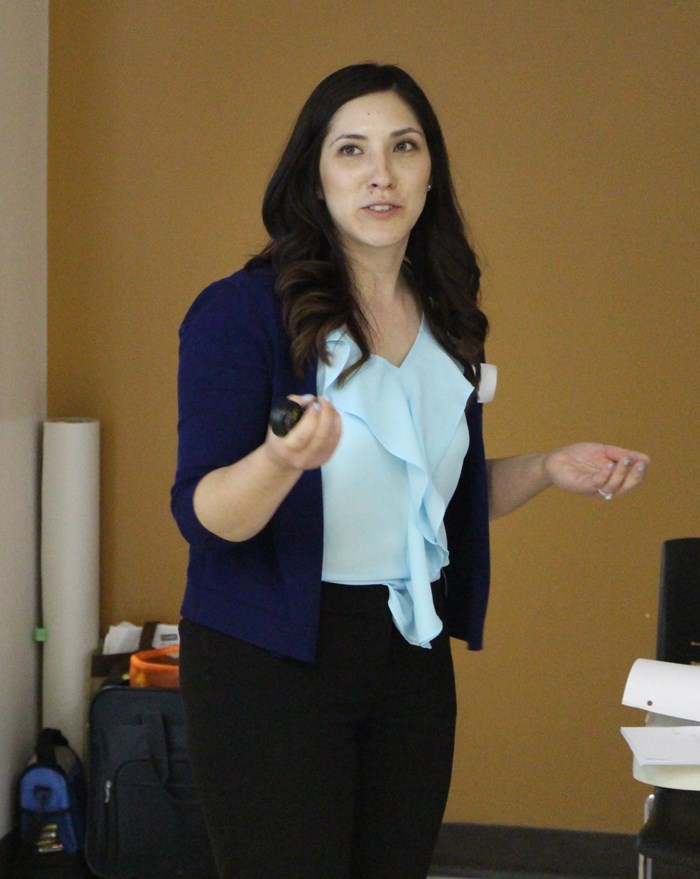The Saskatchewan Index of Wellbeing is a new tool designed to track the province’s wellbeing in various different areas, and allow groups to use its data to help improve the province. The development of that tool requires consultation with communities in Saskatchewan about their priorities, and Yorkton was a stop in the consultation process.
Alicia Buckley, Community and Social Planning Consultant with Prairie Wild Consulting, says this is a valuable process because it is relatively uncharted territory. While there has been a Canadian Index of Wellbeing to track information nationally, the priority on a provincial level is to make an index that responds to the province’s priorities.
“Saskatchewan is very unique. There are things in the Canadian Index of Wellbeing that don’t relate to us, like the Marine Tropic Index, we don’t have an ocean close to us... We actually want it to be made in and by communities for the community. We are very unique in our geography, and we’re unique in our community ways and our neighbourhood building.”
The idea behind the index is that it can give reports on how the province is doing in different areas, allow people to hold governments accountable as well as assist community based organizations in grant writing with a solid evidence base to use. The end goal is to have an evidence-based approach to community enhancement and a tool for people to use to improve the quality of life of Saskatchewan.
Buckley is pleased with how engaged the community has been at the Yorkton event, with two hours of solid conversation about issues important in the area.
“Every community is a little different, every region is a little different, but yet we all have a common love for Saskatchewan and a common love for everyone having a good quality of life here.”
City Councillor Randy Goulden believes in the consultation process, and how engaged the community members were through it. She believes that the Index of Wellbeing will be a useful tool for the city as they put together their priorities.
“Resources are always scarce, when we allocate resources, whether they are human or financial resources, we want to know they are meeting the needs of our citizens. I’m looking forward to the results of the Index and this research so we can make evidence-based decisions.”




